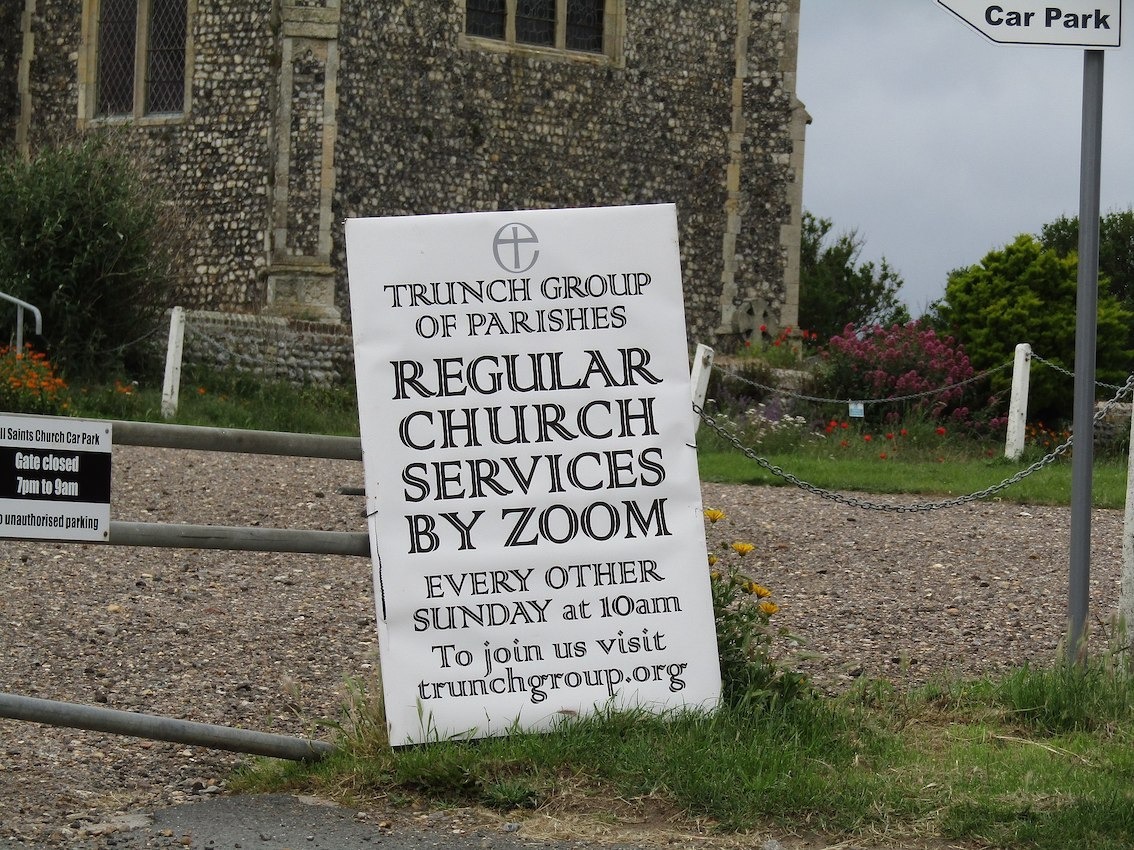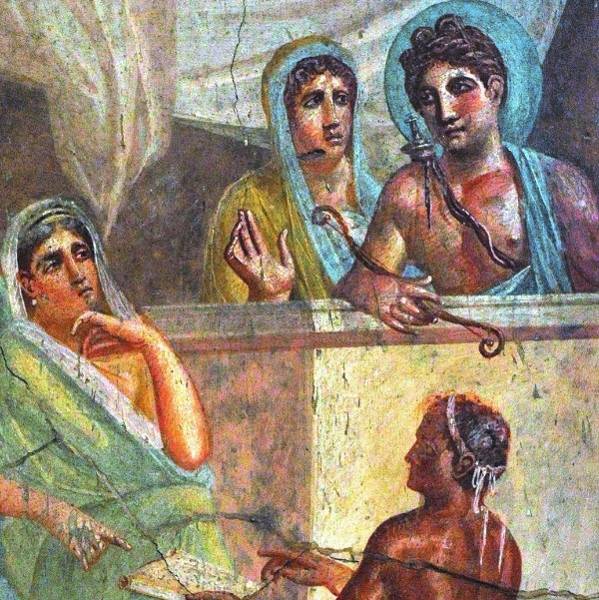
Representatives of religious institutions are becoming increasingly frustrated at the restrictions placed on them by the government during lockdown. Amid the chaos that the coronavirus pandemic is already wreaking, there are various forms of dissent bubbling away, organised by aggrieved pastors, priests and imams, who feel that exceptions to the restrictions ought to be made for religion.
Under the rules of the latest English lockdown, which began on 5 November and will end on 2 December, religious services like weddings are banned, as are funerals with more than 30 people. Individual prayer in a household or support bubble is, of course, still permitted, as are groups providing support for up to 15 people who may be experiencing domestic abuse, addiction, or a range of other problems. On 17 November in Islington, police broke up a baptism service at the Angel Church because it contravened the guidelines – proving that the rule is perhaps more likely to be enforced than the faithful might have expected.
In England, senior religious figures – and their followers, no doubt – have had a hard time accepting that the latest clampdown will do more good than harm. Cardinal Vincent Nichols and Archbishop Malcolm McMahon of the Catholic Church Bishops' Conference described the ban on public worship as “a source of deep anguish”. The Muslim Council of Britain said that allowing only individual prayer was particularly difficult for mosques, given “the centrality of congregational prayer to so many Muslims' lives”. 122 church leaders are now officially asking for a judicial review of the guidelines, which they claim breach their right to freedom of religion. They argue that the government has not explained why the evidence demonstrates that services pose an especially high risk.
The Reverend Dr Peter Sanlon, of the Emmanuel Anglican Church in Kent, said, "We all know the pandemic is very problematic, but undermining long established religious freedoms only stores up problems for the future.” In this, he and the other 121 church figures have the support of Theresa May, who said that the move was a “precedent that could be misused for a government in the future with the worst of intentions”. Those arguing on behalf of God are insinuating that by making public worship 'illegal' (a loaded term, as it is also currently illegal to, for example, eat cake with your grandparents), they are repressing the basic rights of people who may be genuinely persecuted on the basis of their religion at any moment.
Under pressure from churches in Ireland, Taoiseach Michéal Martin has said that he will consider reopening places of worship as normal if, following Ireland's lockdown, the country goes into level 3 restrictions in December. Catholic priests complain of being “alone and isolated” under the current restrictions – though, it would be tempting to reply, who isn't?
The resistance has run along more or less the same lines in the US, where synagogues, churches and mosques are asking the Supreme Court to do something about the rulings. In the US, where the phenomenon of mega-churches means that services can comprise ten times as many people, states have their own specific restrictions: in Nevada the cap is 50; in Delaware it is 30% of a house of worship's fire capacity (up to 50 people); in New York it is 10 in the higher-risk areas (despite churches in Brooklyn apparently being “ahead of the curve” when it comes to abiding by pandemic guidelines).
A particularly pertinent example, say churches, is the way that casinos are permitted to hold more people than places of worship. “There is no question that houses of worship are being treated differently than other places where people gather,” says Evan Gerstmann in Forbes. “It is no defense to say that houses of worship can just double the number of services. Imagine if the government put a limit on newspaper circulation per issue, and argued that papers could just double the number of issues that they print.”
In the US, as in the UK, the conflict between the need for the economy to keep going and the need to keep the public safe is throwing up all sorts of thorny questions. In Nevada, which seems to have attracted a good deal of press because of the particularly vivid contrast between churches and casinos, the latter have been prioritised, say the faithful, because they are more important financially. (That they are more important financially is without doubt. American churches pay no tax and contribute nothing to the economy.)
Some religious groups can feel particularly scapegoated, as in New York, where Governor Andrew Cuomo said that orthodox Jewish practices, for which prayer must involve at least 10 people, were in part to blame for a rise in Covid-19 cases. There are currently no lockdowns in the US, meaning the restrictions may feel especially draconian to some members of the various faiths.
As this article points out, the new makeup of the Supreme Court, with conservative Amy Coney Barrett replacing liberal Ruth Bader Ginsburg, may mean that the trend changes and judicial decisions start swinging in favour of religious institutions. This is despite only 20% of Americans believing that houses of worship should have any more freedom than other establishments.
Elsewhere, this interesting piece in Christianity Today reports on the annual conference to promote international religious freedom. One of the speakers pointed out that since the beginning of the Covid-19 outbreak, religious freedoms have suffered: in Pakistan, the virus was called the 'Shiite virus'; in Turkey, many blamed the virus on the Jews; in Sri Lanka, authorities insisted on victims of the virus being cremated, despite Islam forbidding the practice. Panic is likely to create tensions, and disasters often tempt people to go looking for easy answers, however ridiculous.
Obviously the condemnation of the government measures has not been universal, with many church figures simply following the state's instructions. “Many of our members have military backgrounds, including myself,” said a Delaware pastor. “So we’re used to following orders.”

